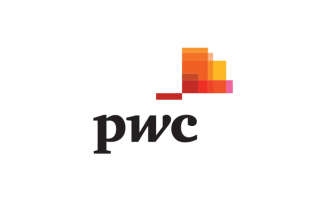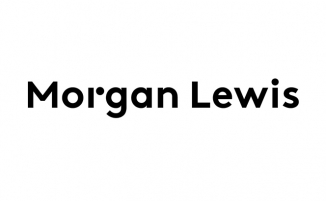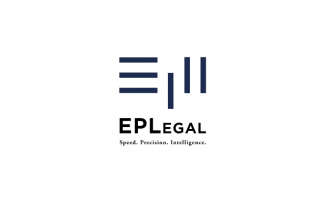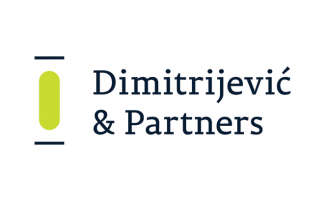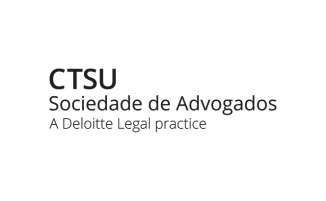Emily Bernstein is an experienced private banker at Investec who specialises in supporting legal leaders and senior lawyers. Here, she tackles the unique financial challenges facing senior legal professionals
Sponsored Q&A: PwC
1. What are the key regulatory bodies overseeing the banking and finance sector in Poland, and what is their role in ensuring compliance with financial laws and regulations?
The main supervisory body in Poland is the Polish Financial Supervisory Authority (‘Komisja Nadzoru Finansowego’ or ‘KNF’). KNF supervises the banking, capital, insurance and pension sectors, payment institutions and payment service offices, electronic money institutions and credit unions. Continue reading “Sponsored Q&A: PwC”
Sponsored Q&A: Morgan Lewis
1. What are the key regulatory changes that have impacted the banking and finance legal market in the UAE in the past year?
In 2023, the United Arab Emirates (UAE) banking and finance legal market has witnessed significant regulatory changes that now effectively require that banks secure loans with tangible assets (in addition to, or even rather than, personal guarantees). This has implications for existing transactions, as personal guarantees alone may no longer suffice, potentially resulting in borrowers and guarantors attempting to challenge existing deals that are not secured by other assets. Banks must now adapt their lending practices to ensure compliance with these new regulations, considering a more focused approach to selecting suitable securities that facilitate enforcement, but at the same time avoiding over-collateralisation (which, as recent court practice suggests, may also be an issue). Continue reading “Sponsored Q&A: Morgan Lewis”
Sponsored Q&A: EP Legal
1. What are the key regulatory developments in Vietnam’s banking and finance sector over the past year, and how have they impacted the legal landscape?
Key regulations and their impacts include: Continue reading “Sponsored Q&A: EP Legal”
Banking and Finance Yearbook 2023: On the money
Banking and Finance Yearbook 2023 – online PDF
Please see below for a link to an online pdf of the Banking and Finance Yearbook 2023. This will only be accessible to subscribers. Please make sure you are logged into the site to see the link.
Continue reading “Banking and Finance Yearbook 2023 – online PDF”
Steadying the ship: Can the FCA strike the right balance between protection and innovation?
Nearly a year after joining the Financial Conduct Authority as CEO in 2020, Nikhil Rathi committed to making the organisation ‘more innovative, assertive and adaptive’. Two years later, some of this change is evident – particularly in its leadership. Continue reading “Steadying the ship: Can the FCA strike the right balance between protection and innovation?”
Sponsored Q&A: Dimitrijevic & Partners
1. What are the key regulatory bodies and authorities overseeing the banking and finance sector in Bosnia and Herzegovina, and what are their primary responsibilities?
It should be noted that regulatory bodies and authorities overseeing the banking and finance sector in Bosnia and Herzegovina (BH)1 are established on the state level, ie BH level and on the level of BH sub-jurisdictions, namely Republic of Srpska (‘RS’) and Federation of Bosnian and Herzegovina (‘FBH’). Continue reading “Sponsored Q&A: Dimitrijevic & Partners”
Sponsored Q&A: CTSU, a Deloitte Legal practice
1. What is your experience in banking and finance law in Portugal, and can you provide examples of cases or transactions you’ve handled?
The banking and finance team of CTSU, a Deloitte Legal Practice in Portugal, has extensive experience in supporting clients with transactions and to advise on governance and regulatory changes to their activity and internal organisation. Continue reading “Sponsored Q&A: CTSU, a Deloitte Legal practice”
Sponsored Q&A: Rutgers & Posch
1. Could you explain the key differences between secured and unsecured loans in the context of Dutch banking and finance transactions?
In a secured loan the payment obligations of the borrower are secured by security rights over assets of the borrower or a third party. In a bankruptcy scenario, a secured creditor can enforce these security rights as if there were no bankruptcy and in principle ranks ahead of all unsecured creditors subject to exceptions. Unsecured creditors rank pari passu in terms of payment with the claims of the borrower’s other unsecured creditors, have to submit their claims for verification with the bankruptcy trustee and cannot unilaterally enforce their claims as if there were no bankruptcy.
Continue reading “Sponsored Q&A: Rutgers & Posch”








